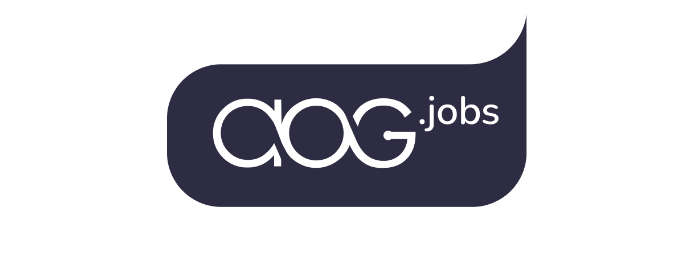About the Project
Storm-Front is a comprehensive CRM system designed to support a network of over 150 auto service centers across Australia. The platform centralizes data on vehicles, their owners, and service histories, enabling efficient management of customer relationships, service tracking, and operational insights.
Airkod was engaged as an outstaffing partner to enhance the functionality, performance, and scalability of the system. Initially, the project involved working with legacy PHP 5.6 code, but over time, the team transitioned to building a modern system from scratch using Node.js. This effort spanned over three years, culminating in a robust, maintainable platform supported by Test-Driven Development (TDD) practices.
Project Objectives
The Storm-Front project focused on:
Migrating and Updating Legacy Code: Improving the functionality of the existing system built on PHP 5.6 while maintaining continuity for the network of auto service centers.
Modernizing the Architecture: Transitioning to a scalable, maintainable backend architecture using Node.js.
Enhancing Data Management: Centralizing customer and vehicle data for streamlined service operations and better analytics.
Ensuring Code Quality: Delivering high-quality, maintainable code with comprehensive testing through TDD.
Solution
Airkod’s team worked in close collaboration with the client to transform the CRM system into a modern, scalable platform.
Development Process
Legacy Code Management
Maintained and enhanced the PHP 5.6-based system while transitioning to modern technologies.
Resolved performance bottlenecks and fixed critical bugs to ensure smooth operations during the transition period.
Architectural Redesign
Rebuilt the system’s architecture on Node.js, leveraging its scalability and performance benefits.
Designed a modular, microservices-based architecture to support the growing needs of the auto service network.
Core Features and Functionality
Centralized database for vehicle and customer data, including service history, diagnostics, and owner details.
Tools for scheduling, tracking, and managing vehicle maintenance tasks.
Real-time reporting and analytics for operational insights across the 150 service centers.
Test-Driven Development (TDD)
Implemented TDD practices to ensure code quality, reliability, and maintainability.
Delivered comprehensive test coverage, significantly reducing bugs and enabling confident deployment of updates.
Ongoing Maintenance and Support
Provided continuous support and feature development over the course of three years.
Worked closely with client stakeholders to align technical priorities with business goals.
Technologies Used
Legacy Stack: PHP 5.6
Modernized Stack: Node.js, Express.js
Database: PostgreSQL
Testing Frameworks: Mocha, Chai, Jest (for TDD)
Hosting: AWS (EC2, RDS, S3)
Architecture: Microservices-based
Results
The Storm-Front project delivered transformative results for the auto service network:
Improved Scalability: The new Node.js architecture supports the growing data and operational needs of 150 service centers.
Enhanced System Performance: Transitioning from PHP 5.6 eliminated legacy code bottlenecks, enabling faster response times and more efficient data processing.
High Code Quality: TDD practices ensured a maintainable and bug-resistant codebase, reducing technical debt.
Streamlined Operations: Centralized vehicle and customer data improved service efficiency and decision-making.
Client Satisfaction: The client gained a modern, reliable CRM platform capable of supporting future growth and innovation.
Client Impact
The modernized Storm-Front CRM system provides the auto service network with:
Operational Efficiency: Real-time access to centralized data for better decision-making and customer service.
Reliability: A robust, well-tested platform that minimizes downtime and ensures smooth daily operations.
Scalability: A future-proof system designed to accommodate expanding service locations and customer data.
Conclusion
The Storm-Front CRM system is a testament to Airkod’s ability to modernize legacy systems and deliver high-quality, scalable solutions. By transitioning from outdated PHP code to a Node.js-based architecture, we created a platform that supports the evolving needs of a large-scale business network while ensuring maintainability and reliability through TDD practices.
 AIRKOD
AIRKOD







